VAT Filing Made Simple: Step-by-Step Process
Value Added Tax (VAT) filing can seem complex, but with the right approach and understanding, it becomes a manageable part of your business operations. This comprehensive guide will walk you through the entire process step by step.
Understanding VAT in Kenya
VAT is a consumption tax levied on the supply of goods and services. In Kenya, the standard VAT rate is 16%, with some items exempt or zero-rated.
VAT Rates in Kenya
Standard Rate (16%):
- Most goods and services
- Imported goods and services
- Professional services
Zero Rate (0%):
- Exports of goods and services
- International transport services
- Certain basic food items
- Medical supplies
Exempt:
- Financial services
- Insurance services
- Educational services
- Medical services
Who Must Register for VAT?
Mandatory Registration:
- Businesses with annual taxable supplies exceeding KSh 5 million
- Non-resident suppliers of digital services
- Importers of goods
Voluntary Registration:
- Businesses below the KSh 5 million threshold
- Businesses that want to claim input VAT
- Exporters who want to claim refunds
Step-by-Step Filing Process
Step 1: Gather All Documentation
Sales Documentation:
- Sales invoices issued
- Cash sale receipts
- Credit notes issued
- Export documentation
Purchase Documentation:
- Purchase invoices received
- Import documentation
- Debit notes received
- Expense receipts with VAT
Step 2: Calculate Output VAT
Standard Supplies (16%):
- List all taxable supplies made during the period
- Calculate VAT at 16% on the value of supplies
- Include VAT on imports and deemed supplies
Zero-Rated Supplies:
- List all zero-rated supplies
- No VAT to charge, but maintain records
- Important for input VAT claims
Step 3: Calculate Input VAT
Allowable Input VAT:
- VAT paid on business purchases
- VAT on imports for business use
- VAT on business expenses
Non-Allowable Input VAT:
- VAT on entertainment expenses
- VAT on personal expenses
- VAT on exempt supplies
Step 4: Complete VAT Calculation
Net VAT Position:
- Output VAT minus Input VAT
- If positive: VAT payable to KRA
- If negative: VAT refund claimable
Step 5: File Online via iTax
Login Process:
- Go to the iTax portal (itax.kra.go.ke)
- Enter your PIN and password
- Select "Returns" from the menu
- Choose "VAT" returns
Filing Process:
- Select the correct tax period
- Enter the calculated figures
- Attach supporting schedules if required
- Review all entries for accuracy
- Submit the return electronically
- Print the acknowledgment receipt
Filing Deadlines and Penalties
Monthly Filers
Filing Deadline: 20th of the following month Payment Deadline: 20th of the following month
Quarterly Filers (Small businesses)
Filing Deadline: 20th of the month following the quarter Payment Deadline: Same as filing deadline
Penalties for Late Filing
- Late filing penalty: 5% of tax due or KSh 10,000 (whichever is higher)
- Late payment penalty: 20% per annum on outstanding amount
- Interest charges: 1% per month on unpaid tax
Common Mistakes to Avoid
Incorrect VAT Rates
- Using wrong VAT rates for different supplies
- Misclassifying exempt vs zero-rated supplies
- Applying VAT to exempt services
Poor Record Keeping
- Missing or incomplete invoices
- Failure to maintain proper books of account
- Mixing business and personal expenses
Timing Issues
- Including transactions from wrong periods
- Failing to account for goods in transit
- Incorrect treatment of deposits and advances
VAT Refunds
When You Can Claim Refunds
- Input VAT exceeds output VAT
- Exporters with zero-rated supplies
- Businesses with significant capital investments
Refund Process
- File VAT return showing refund position
- Submit supporting documentation
- KRA conducts verification (may include audit)
- Refund processed upon approval
Required Documentation
- Original tax invoices for input VAT claimed
- Export documentation for zero-rated supplies
- Bank statements and payment vouchers
- Any other supporting documents requested
Best Practices for VAT Compliance
Maintain Proper Records
- Keep all tax invoices and receipts
- Maintain chronological filing system
- Regular reconciliation of VAT accounts
- Monthly review of VAT positions
Use Technology
- Implement VAT-compliant accounting software
- Automate VAT calculations where possible
- Regular backup of electronic records
- Integration with iTax for seamless filing
Regular Reviews
- Monthly VAT reconciliations
- Quarterly compliance reviews
- Annual VAT health checks
- Regular training for accounting staff
Dealing with VAT Audits
Preparation
- Maintain complete and accurate records
- Ensure all transactions are properly documented
- Regular internal VAT compliance reviews
- Professional advice when needed
During the Audit
- Cooperate fully with KRA officers
- Provide requested documentation promptly
- Seek clarification on any unclear requirements
- Maintain professional communication
Getting Professional Help
VAT compliance can be complex, especially for businesses with diverse operations or international transactions. At Tax Room Kenya, we specialize in VAT compliance and can help streamline your VAT processes while ensuring accurate filing and optimal cash flow management.
Our VAT services include:
- VAT registration and deregistration
- Monthly and quarterly VAT return preparation
- VAT refund applications and follow-up
- VAT audit support and representation
- VAT planning and optimization strategies
- Training for your accounting team
Our experienced team understands the complexities of VAT regulations and can provide the support you need to stay compliant while optimizing your VAT position. Contact us today to discuss how we can help your business with VAT compliance.
Stay Informed
Don't miss important tax updates and money-saving tips. Subscribe to our newsletter for the latest insights.
